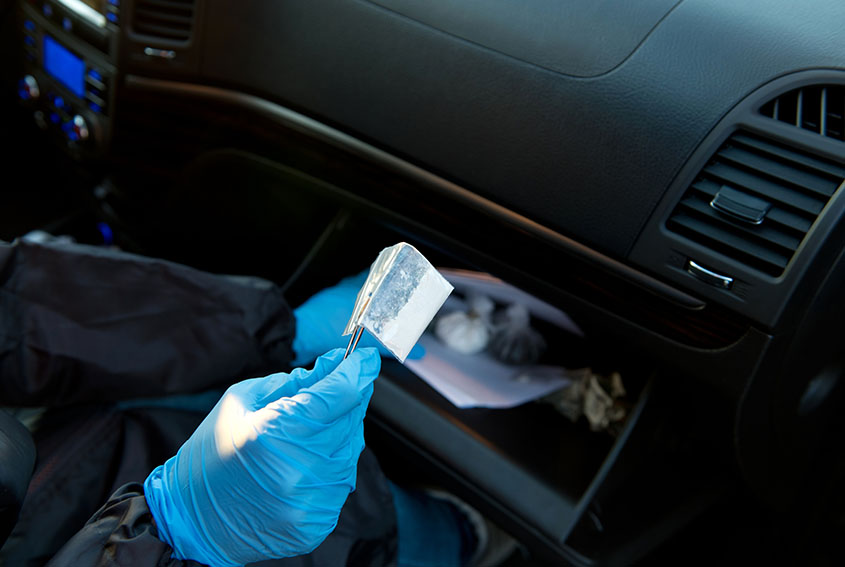DUI cases involving intoxication in Colorado are more straightforward than drugged DUI cases. Though the testing methods are in no way perfect, they are much more definitive than the typical methods used to determine marijuana DUI. Breath and blood testing measures blood alcohol concentration (BAC), which has been scientifically proven over time to consistently demonstrate intoxication.
On the other hand, testing for impairment when a driver has been using marijuana or other drugs can be much more challenging. In some cases, THC can remain in a person’s blood for a significant time following usage. So what tests and methods do law enforcement use? We discuss more below.
Proving Drugged DUI in Colorado
In Colorado, the tests for proving DWAI / DUI related to marijuana are much more common. Since it is one of the only two states with legal marijuana, it was crucial that Colorado set down an established active THC limit to help regulate drivers. If police determine a person has exceeded this limit or is “too stoned” to drive, they can be arrested and charged with DUI.
The limit in Colorado has currently been set at 5 nanograms per milliliter of blood. Delta 9-Tetrahydrocannabinol (THC) is the active compound that causes impairment. It is important to understand that this is a very minute amount, as one nanogram is equivalent to just one billionth of a gram.
Four Main Tests Used in Marijuana Cases
Law enforcement has found different tests designed to help them determine whether a driver is under the influence of marijuana.
The four ways to detect THC in a person’s body include:
- Blood test – As the most common test used, THC levels can be detected in the blood, providing accurate estimates.
- Saliva swab – A swab of saliva is taken and tested, allowing police to determine THC levels and how recently marijuana was used.
- Urine test – A sample of urine is taken and tested to determine if byproducts of THC broken down by the body are present.
- Hair test – Similar to the urine test, only the byproduct of THC can be detected through this test.
Unlike alcohol, THC stays in the body much longer. This means that THC levels could be high, but the driver may not be feeling the effects or “impairment” of the drug anymore. In some cases, it may take as long as 72 hours for THC to leave the system. A blood test may show high THC levels when an individual hasn’t actually smoked or ingested marijuana in a day or longer.



